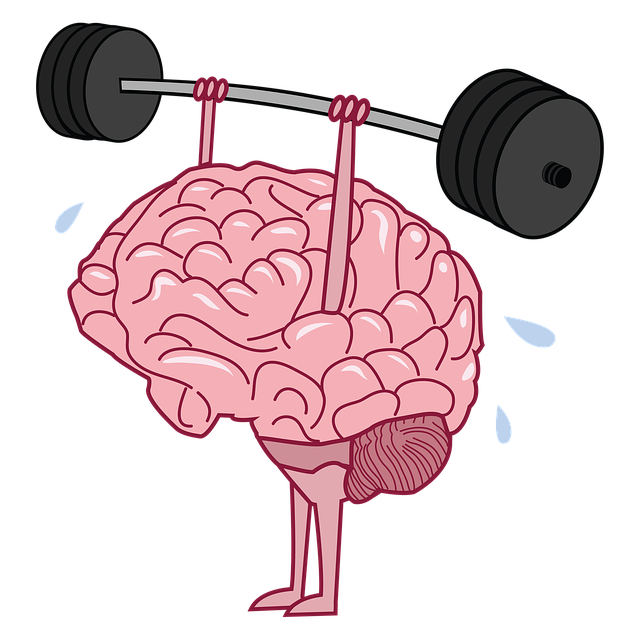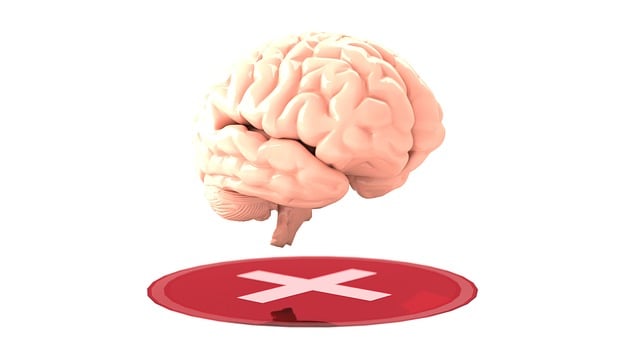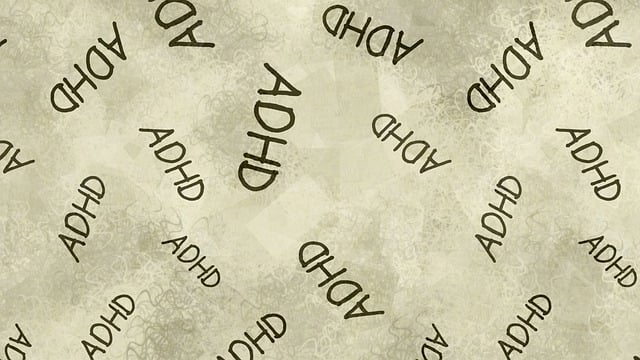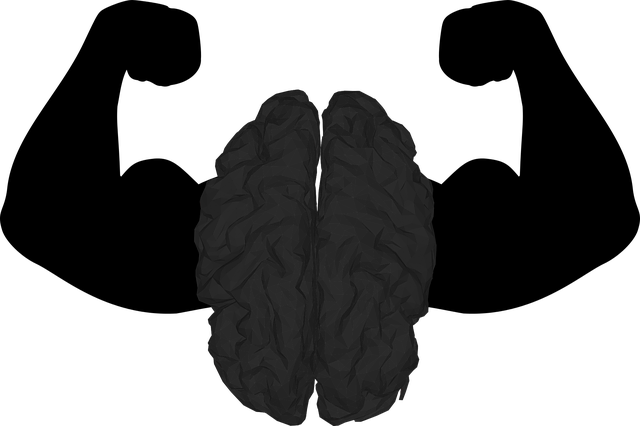Broomfield Anxiety Therapy focuses on developing coping skills as a holistic approach to managing anxiety, stress, and associated challenges. This involves identifying personal stressors and triggers through risk assessment, followed by tailored interventions. Techniques like mindfulness, emotional regulation, compassion cultivation, and cognitive reframing are central. Self-care practices such as physical activity, diet, and sleep complement these strategies. Keeping a Mental Wellness Journal and regular self-awareness exercises build resilience and foster emotional growth. By integrating these skills into daily routines, Broomfield Anxiety Therapy offers long-lasting benefits for diverse patient needs through culturally competent care.
“Coping skills development is a pivotal strategy in managing anxiety, offering individuals the tools to navigate stressful situations with resilience. This comprehensive guide delves into the intricacies of coping mechanisms, emphasizing their significance in overcoming anxiety. We explore effective strategies, from identifying personal stressors and building resilience to seamlessly integrating these skills into daily life. Discover how Broomfield Anxiety Therapy provides long-lasting benefits by empowering individuals to confront and manage anxious thoughts, fostering a sense of calm and control.”
- Understanding Coping Skills and Their Importance in Overcoming Anxiety
- Identifying Personal Stressors and Triggers: A Step Towards Self-Awareness
- Effective Strategies for Managing Daily Anxious Thoughts and Feelings
- Building Resilience: Techniques to Navigate Difficult Situations with Ease
- Integrating Coping Skills into Everyday Life: Long-Lasting Benefits with Broomfield Anxiety Therapy
Understanding Coping Skills and Their Importance in Overcoming Anxiety

Coping skills are the strategies individuals use to navigate and overcome challenges, particularly in managing anxiety. Understanding these skills is paramount in effective Broomfield Anxiety Therapy. When faced with stressful situations or overwhelming emotions, coping mechanisms help regulate and process them constructively. These skills play a pivotal role in enhancing overall well-being and resilience.
In the context of healthcare, especially with mental health professionals, the focus on Coping Skills Development through Cultural Competency Training is significant. This training equips providers with the knowledge to address diverse patients’ needs effectively. A comprehensive Risk Assessment for Mental Health Professionals should include an understanding of various coping strategies to offer tailored support, ensuring a holistic approach to anxiety management and improved patient outcomes.
Identifying Personal Stressors and Triggers: A Step Towards Self-Awareness

Identifying Personal Stressors and Triggers is a fundamental step in developing effective coping skills. It’s akin to lighting a beacon in the midst of a storm—it helps us navigate through life’s challenges with clarity and purpose. By understanding what specifically sets off our anxiety or stress, we can begin to unravel the complex web of factors that contribute to our emotional responses. This process fosters self-awareness, enabling individuals to recognize patterns and triggers in their daily lives, be it a certain person, place, or situation, as suggested by Broomfield Anxiety Therapy.
This awareness is crucial for implementing strategies such as Emotional Regulation techniques, Compassion Cultivation Practices, and Mind Over Matter principles. Once we’re able to identify our personal stressors, we can start to cultivate healthier responses—whether it’s practicing mindfulness to stay present during distressing moments or employing cognitive reframing to change our perspective on challenging situations. Such proactive measures are key to managing stress effectively and enhancing overall well-being.
Effective Strategies for Managing Daily Anxious Thoughts and Feelings

Managing daily anxious thoughts and feelings is a crucial aspect of coping skills development, and Broomfield Anxiety Therapy offers several effective strategies to tackle this head-on. One powerful technique involves mindful awareness practices like meditation and deep breathing exercises. By dedicating just a few minutes each day to these activities, individuals can learn to observe their anxious thoughts without judgment, reducing their intensity and frequency.
Additionally, engaging in regular physical activity, maintaining a balanced diet, and prioritizing quality sleep are essential self-care practices that significantly impact anxiety levels. These lifestyle changes not only promote overall well-being but also serve as long-lasting coping mechanisms. Encouraging open communication and empathy building strategies within relationships can further alleviate anxious feelings. Effective communication allows individuals to express their concerns, seek support, and receive understanding from others, fostering a sense of belonging and reducing isolation often associated with anxiety.
Building Resilience: Techniques to Navigate Difficult Situations with Ease

Building resilience is a key aspect of coping skills development, equipping individuals with the ability to navigate difficult situations with ease. Broomfield Anxiety Therapy offers valuable techniques to foster this inner strength. One effective method is engaging in regular Self-Awareness Exercises, allowing individuals to recognize their triggers and emotional patterns. By understanding their responses to stress, people can begin to reframe challenges as opportunities for growth.
Additionally, keeping a Mental Wellness Journal can serve as a powerful tool for processing emotions and thoughts. Trauma Support Services often recommend this practice for its ability to help individuals process past traumas, manage present-day stressors, and predict future responses. Journaling provides a safe space to explore feelings without judgment, fostering self-acceptance and emotional regulation skills crucial for overall mental wellness.
Integrating Coping Skills into Everyday Life: Long-Lasting Benefits with Broomfield Anxiety Therapy

Integrating coping skills into everyday life offers long-lasting benefits, especially when guided by Broomfield Anxiety Therapy. This therapeutic approach empowers individuals to manage anxiety and stress effectively, leading to improved mental well-being. By incorporating techniques like mindfulness, deep breathing, and cognitive reframing, clients develop a robust toolkit for navigating challenging situations. These coping strategies not only provide immediate relief but also foster resilience over time.
In the context of Broomfield Anxiety Therapy, the process involves a comprehensive risk assessment for mental health professionals to tailor interventions accurately. This ensures that each client receives culturally competent care, addressing their unique needs and backgrounds. Through Healthcare Provider Cultural Competency Training, therapists enhance their ability to support diverse populations, promoting emotional regulation and overall mental health.
Developing coping skills is an empowering journey towards managing anxiety effectively. By understanding and implementing strategies like identifying triggers, managing thoughts, building resilience, and integrating these practices into daily life, individuals can significantly reduce anxiety’s impact. Broomfield Anxiety Therapy offers a comprehensive approach to mastering these skills, enabling individuals to navigate challenging situations with newfound ease and confidence. Through dedicated practice and support, one can foster long-lasting mental well-being and enhance their overall quality of life.














